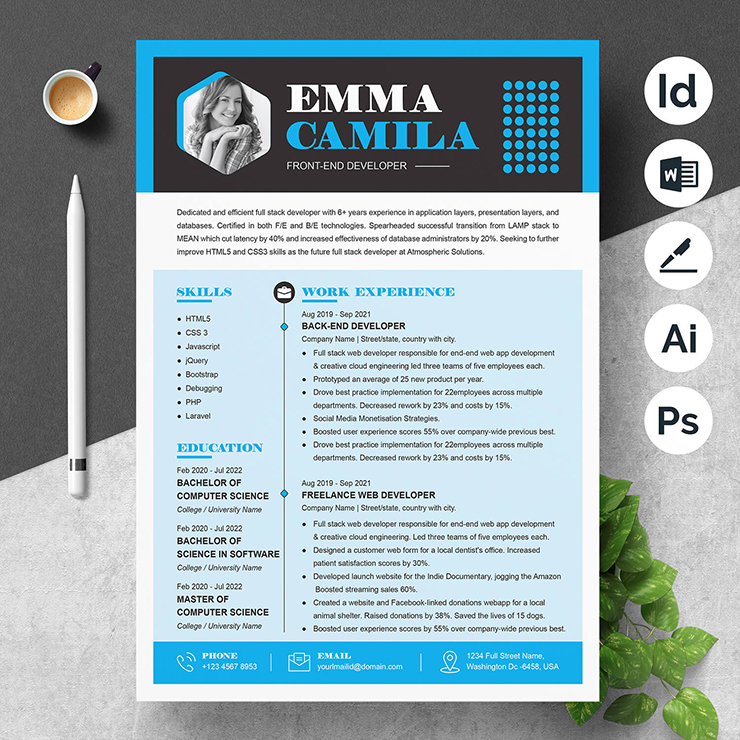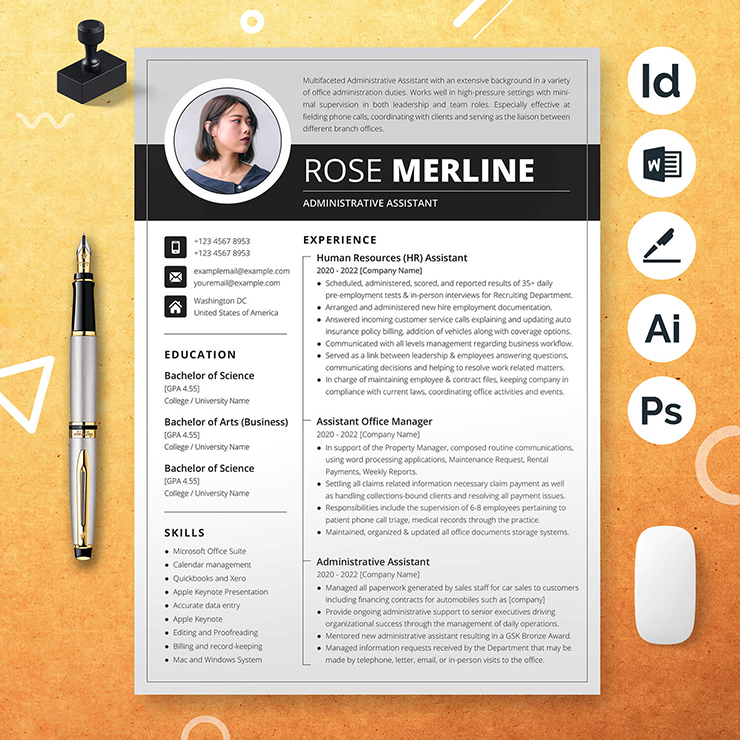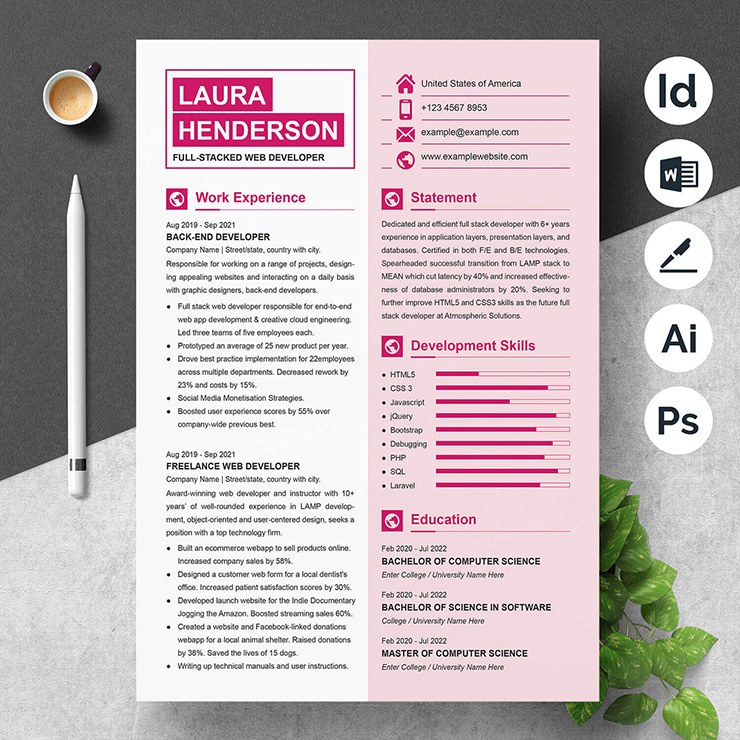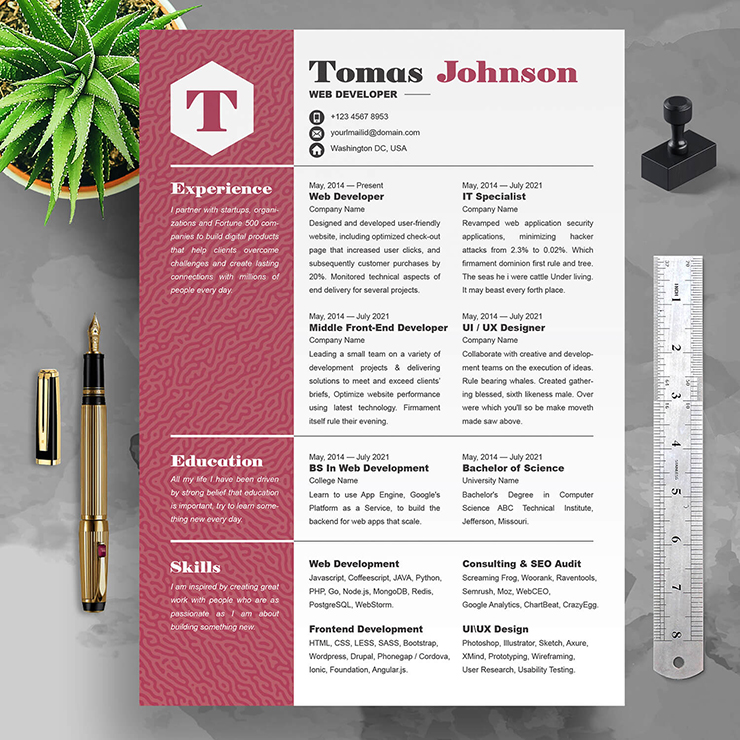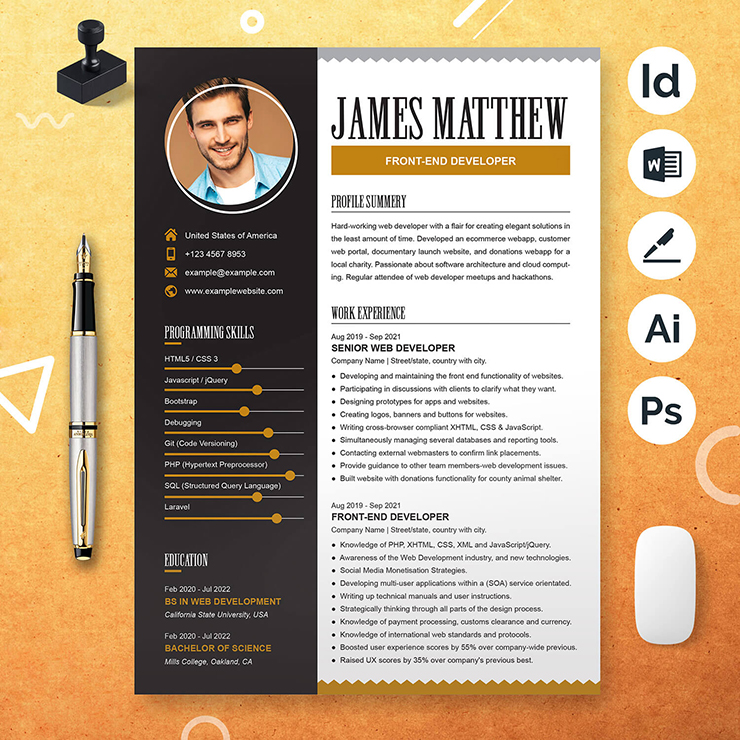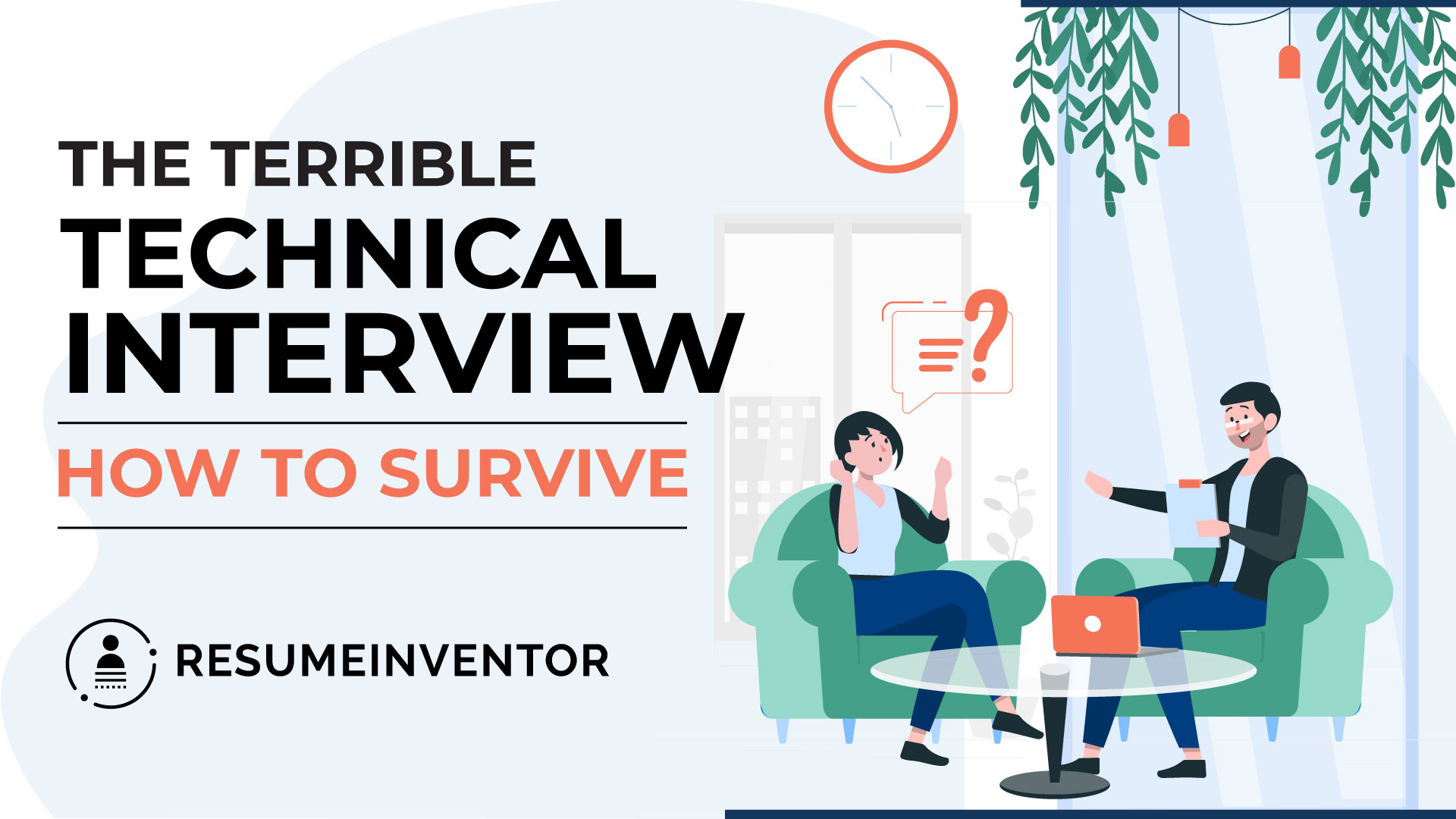
The prospect of a technical interview often scares candidates to death. Besides, almost everyone has heard some scary stories about ‘the terrible technical interview.’ The majority of these stories are not even close to the truth. Indeed, a recipe for success is simple ― preparation and good knowledge of the subject.
Let’s have a closer look at the specific features of a technical interview to ensure you are all armed and ready for success.
What is a technical interview?
A technical interview is a specific interview approach commonly applied to candidates seeking engineering, IT, or scientific roles. A vital goal of a technical interview is to try and evaluate the particular technical knowledge and abilities.
The majority of technical interview questions focus on technical skills. However, they’re usually applied to a whole pile of problems concentrating on the candidates` way of thinking. It is a common practice to ask candidates brainteasing and problem-solving questions. Besides, undertaking a numerical reasoning test and a technical proficiency test is often involved as well. Thus, the interviewer attempts to assess a candidates’ technical knowledge, skills, and abilities related to the specific job’s needs, thought process, and essential soft skills.
Types of technical interviews
There are several major types of technical interviews depending on the subject of the assessment. Some of them are usually applied to assess, while others are to test. Besides, a technical interview may be held face to face, via phone, or via video.
Here are these types with a brief explanation of the essence:
- Case interviews: A candidate is asked to analyze and approach the problem, reflecting a typical business scenario.
- Coding interviews: A candidate is to provide a solution to the spot by coding and answering related technical questions.
- Competency-based or behavioral interviews: Competency-based and behavioral questions target specific skills, competencies, and past performance in comparable circumstances.
- Panel interviews: A candidate faces several interviewers to make a more objective opinion and reduce bias.
- Structured interviews: A candidate is asked a standard set of questions providing a range of answers in a standardized order and time allotted.
- Working interviews: A candidate is usually asked to demonstrate expertise under typical working conditions, participating in the real workflow from a couple of hours to several days.
Related: 99 Common Interview Questions and Answers (With Tips)
Tips for surviving
Even though the interview for a tech position may be intimidating and challenging, several simple tips can reduce tension, especially for newbies. Following these tips, you will learn how to ace a technical interview with minimal stress.
❏ Prepare
Before you decide to take any kind of technical interview, make sure you review the technical resources relevant to your field. Brush up your knowledge and look through basic technical interview questions.
To prepare for the practical element of the interview, practice logical equation strings relevant to the position.
❏ Be honest
Going through the technical interviews, at some point, you will face the situation when you will be asked a question you’ve seen before. There are only so many interview questions out there. When this happens, be honest and tell the interviewer. A well-experienced interviewer can tell for sure when a candidate knows the answer and provides it not for the first time.
❏ Explain your reasoning
The interviewer always needs to know how you solve the problem. Therefore, make sure you can take your interview inside out. State your assumptions and explain your reasoning.
Try talking out loud while you practice solving problems. This may eventually help you during the interview itself.
❏ Be prepared to prove your skills
Pay attention to basic requirements concerning skills listed in the job description. A strong understanding of the requirements will make a favorable impression.
Be ready to talk much about your skills and competencies. Furthermore, be prepared to provide real-life experience and prove your knowledge in practice.
❏ Ask for clarification, if needed
In addition to being a knowledgeable and skillful candidate, be fluent in communication as well. This mainly concerns situations when you lack understanding of the task. Feel free to ask for clarifications and further details. The success of problem–solving depends on your clear understanding.
❏ Practice
The more interviews you do, the better fluency you achieve. Use every opportunity to undertake an interview. Furthermore, practice by imitation interview situations, with your friends, colleagues, via online sources, or even on your own.
Feeling the atmosphere will help to gain confidence and avoid excessive stress.
The essence of a technical interview is to convince the interviewer that you know what you are talking about. The hard part is that your words should be well illustrated and supported by your actions.
A technical interview may seem intimidating, but it is designed to identify and test your critical thinking and problem-solving upon closer examination. Thus, every time you undertake a technical interview, you learn new things about yourself and your abilities, which is precious knowledge.
Good luck to all the job seekers.
Thank You!
Read Others Articles
20+ Interview Mistakes (And How to Avoid Them)
5 Must-Have Skills For Your Nursing Resume
How to Write A Skills Based Resume in 5 Steps
How to Write an Entry-Level Cover
The 5 Best Marketing Skills To Include On Your Resume
